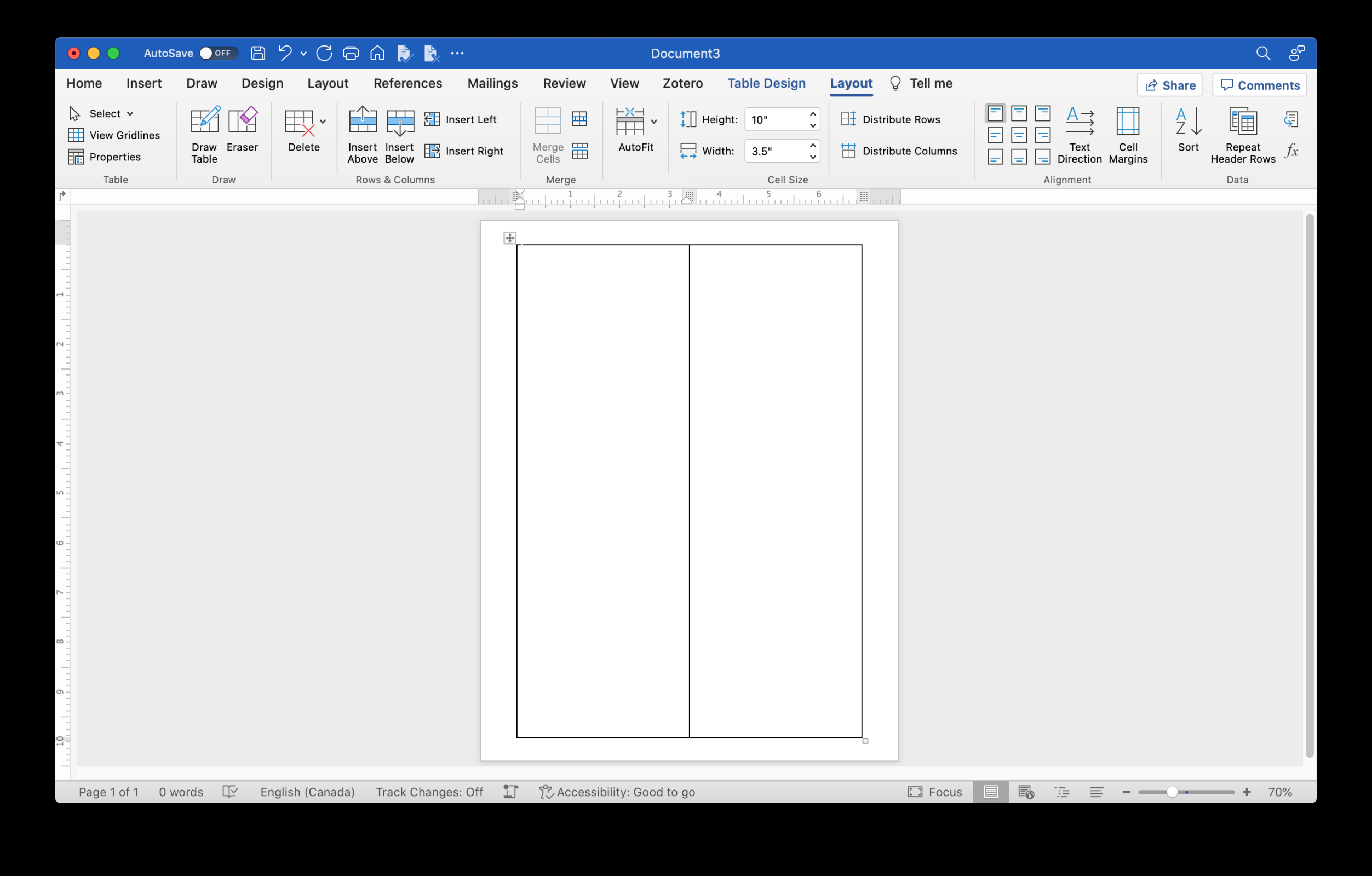Name tent Cards, also known as place cards or name tags, play a crucial role in creating a professional and organized atmosphere at various events. They provide attendees with clear identification and facilitate networking opportunities. In this guide, we will delve into the essential design elements that contribute to a professional and trustworthy name tent card template in Word.
Font Selection

Choosing the right font is paramount in conveying professionalism and readability. Opt for fonts that are clean, sans-serif, and easily legible, such as Arial, Helvetica, or Calibri. Avoid ornate or cursive fonts that may be difficult to read or appear unprofessional.
Font Size and Style
The font size should be sufficiently large to ensure easy reading from a distance. A font size of 12-14 points is generally suitable. Consider using bold or italic font styles sparingly to emphasize specific information, such as names or titles.
Text Alignment
Center-align the text within the name tent card to maintain a balanced and professional appearance. This alignment is visually appealing and ensures that the information is easily readable from all angles.
Text Content
The text content on a name tent card should be concise and relevant. Typically, it includes the following information:
Full Name: Include the attendee’s full name to avoid confusion.
Color Scheme
Select a color scheme that is consistent with your event’s branding or theme. Use colors that are professional and visually appealing. Avoid overly bright or clashing colors that can be distracting. Consider using a subtle gradient or shading effect to add depth and interest to the design.
Layout and Design
The layout and design of the name tent card should be clean, uncluttered, and easy to navigate. Use a consistent spacing between elements to create a visually pleasing composition. Consider incorporating subtle design elements, such as borders or lines, to enhance the overall appearance.
Paper Quality
The quality of the paper used for the name tent cards can significantly impact the perceived professionalism of the event. Opt for a high-quality cardstock that is thick and durable. Consider using a slightly heavier weight paper for a more substantial feel.
Printing and Finishing
Ensure that the name tent cards are printed on a high-quality printer using clear and legible fonts. Consider professional printing services for large quantities or for a polished finish. You may also choose to add finishing touches, such as laminating or embossing, to enhance the durability and appearance of the cards.
Proofreading and Editing
Before finalizing the design, carefully proofread and edit the text for any errors or inconsistencies. Pay attention to spelling, grammar, and punctuation. A well-edited name tent card reflects professionalism and attention to detail.
By incorporating these design elements into your name tent card templates in Word, you can create professional and visually appealing cards that enhance the overall atmosphere of your event. Remember to tailor the design to your specific needs and branding to ensure a cohesive and memorable experience for your attendees.